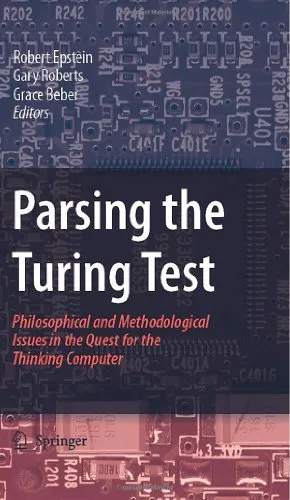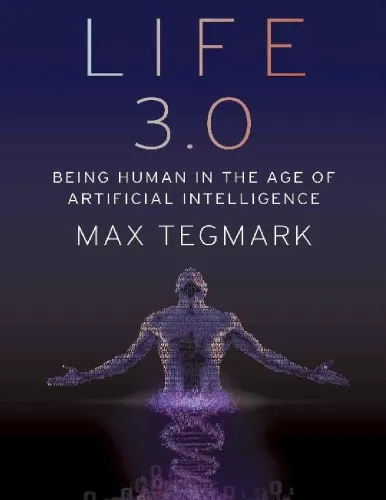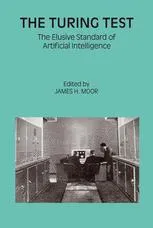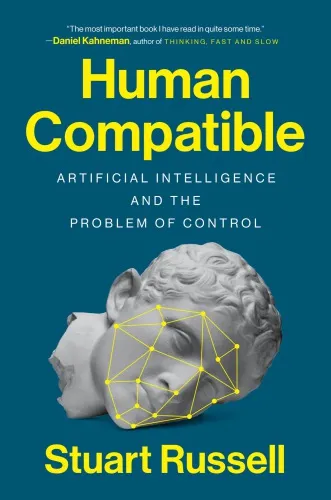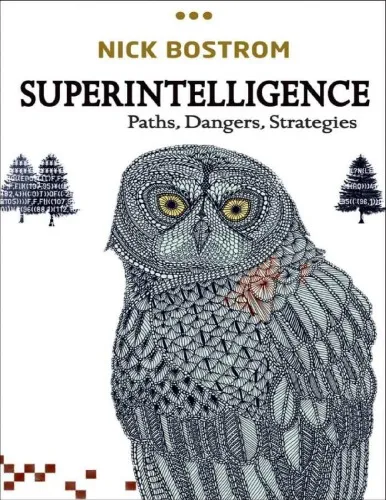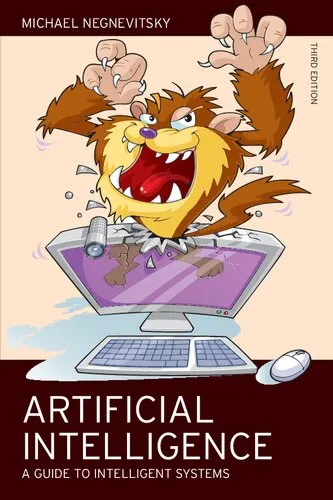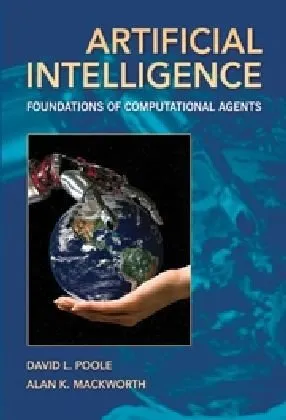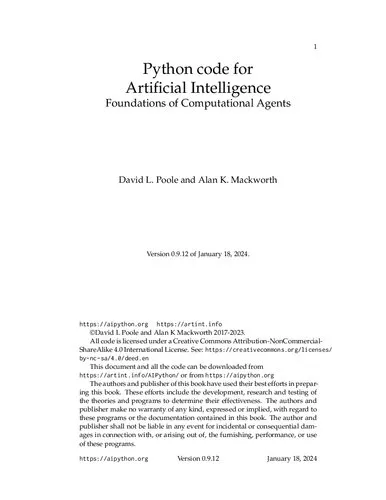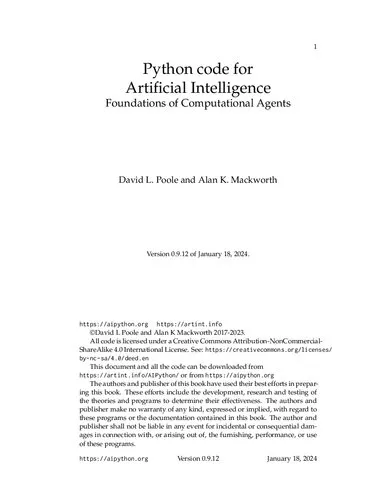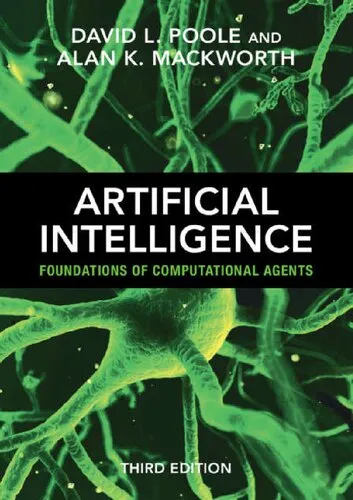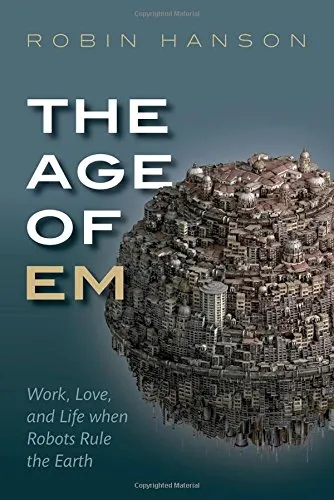Parsing the Turing Test - Philosophical and Methodological Issues in the Quest for the Thinking Computer
3.9
Reviews from our users

You Can Ask your questions from this book's AI after Login
Each download or ask from book AI costs 2 points. To earn more free points, please visit the Points Guide Page and complete some valuable actions.Related Refrences:
Persian Summary
Introduction to 'Parsing the Turing Test'
The relentless pursuit of artificial intelligence has led thinkers and technologists to continually revisit the Turing Test's philosophical and methodological implications. "Parsing the Turing Test: Philosophical and Methodological Issues in the Quest for the Thinking Computer" explores the profound questions and challenges presented by the iconic test proposed by Alan Turing in 1950. This book serves as a comprehensive guide, dissecting the complex interplay between human cognition, machine intelligence, and the evolving landscape of AI.
Detailed Summary of the Book
"Parsing the Turing Test" is an in-depth anthology that brings together a diverse collection of essays and articles authored by leading researchers and thinkers in the field of artificial intelligence, philosophy, and cognitive science. The book meticulously examines the Turing Test's foundational aspects, tracing its implications in the ongoing quest to develop truly intelligent machines.
Readers are guided through a holistic exploration of AI, starting from the historical context of Turing's original paper to contemporary developments that challenge our understanding of machine intelligence. The anthology goes beyond merely reevaluating the Turing Test to address broader philosophical questions about the nature of thought, consciousness, and the possible future where machines might possess characteristics once thought unique to humans.
With contributions from prominent figures such as John Searle and Daniel Dennett, the book offers varied perspectives on the feasibility of passing the Turing Test, ethical considerations, and the sociocultural impact of creating thinking machines. The collection culminates in a dialogue between the practical applications of AI and its theoretical underpinnings, inviting readers to ponder the limits of computation in simulating human-like understanding.
Key Takeaways
- The Turing Test remains a pivotal benchmark in assessing AI, yet it also invites criticism and alternative evaluation methodologies.
- The book provides a multifaceted approach to understanding how intelligence, both human and artificial, can be defined and measured.
- Readers are encouraged to consider the ethical implications and societal responsibilities in the development and deployment of intelligent systems.
- Philosophical discussions in the book challenge the notion of thought and consciousness as exclusive human traits.
Famous Quotes from the Book
"While the Turing Test simplifies the question of machine intelligence into an interactive evaluation, it simultaneously opens a Pandora's box of philosophical inquiry."
"The distinction between a machine that thinks and a machine that simulates thinking is as profound as it is elusive."
Why This Book Matters
"Parsing the Turing Test" is a seminal text in the discourse on artificial intelligence, providing readers with crucial insights into both the historical context and future trajectory of AI. As the digital world blurs the lines between human and machine interaction, understanding the philosophical and technical challenges addressed in this work is essential.
The book not only frames the Turing Test as a tool for evaluating machine intelligence but also invites a broader contemplation of artificial intelligence's role in society. As we move towards a future where AI systems are increasingly integrated into various aspects of daily life, reflecting on the issues raised by Turing and explored in this book becomes ever more important.
By compiling the thoughts of leading minds in the field, "Parsing the Turing Test" catalyzes meaningful dialogue about the ethical, philosophical, and practical ramifications of creating machines that mimic or surpass human intelligence.
Free Direct Download
You Can Download this book after Login
Accessing books through legal platforms and public libraries not only supports the rights of authors and publishers but also contributes to the sustainability of reading culture. Before downloading, please take a moment to consider these options.
Find this book on other platforms:
WorldCat helps you find books in libraries worldwide.
See ratings, reviews, and discussions on Goodreads.
Find and buy rare or used books on AbeBooks.
1523
بازدید3.9
امتیاز0
نظر98%
رضایتReviews:
3.9
Based on 0 users review
Questions & Answers
Ask questions about this book or help others by answering
No questions yet. Be the first to ask!
